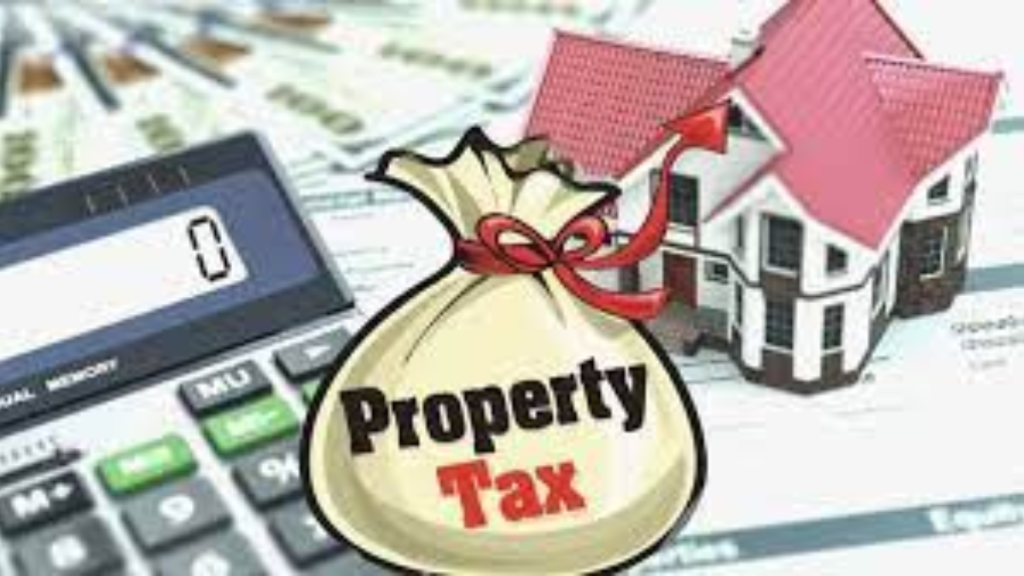For retirees across the U.S., the dream of a peaceful, financially secure retirement is becoming increasingly elusive—especially when property taxes are rising faster than inflation.
One retiree recently voiced a growing concern: “I get $5,600 a month in Social Security and retirement income, but my property taxes will soon hit $20,000. Should I live under a bridge?”
It’s not an isolated case. Seniors on fixed incomes are struggling to keep up with escalating costs, especially in high-tax states or gentrifying neighborhoods where home values have skyrocketed. The question isn’t just whether retirees can afford vacations or luxuries—but whether they can keep their homes.
Understanding the Math: When Property Taxes Outpace Income Growth
Let’s break it down. If a retiree is earning $5,600 per month, that totals $67,200 per year. A $20,000 property tax bill eats up nearly 30% of their annual income—a devastating blow when coupled with rising health care costs, utility bills, and inflation on essentials like groceries and gas.
Even though retirees often budget carefully and may have paid off their mortgages, property taxes continue rising with the assessed value of their home, regardless of whether their income increases.
Many states offer limited relief, but the qualifications are often strict, leaving some homeowners stuck in a financial squeeze.
What Assistance Programs Are Available?
The good news is that there are resources and relief programs available, though many retirees don’t know where to look. Here are some key options to explore:
1. Property Tax Deferral Programs
Some states offer programs allowing seniors to defer payment of property taxes until they sell their home or pass away. These programs often have income limits and are treated like low-interest loans.
2. Homestead Exemptions
Many states provide homestead exemptions for seniors, reducing the taxable value of their home. These programs may require yearly applications or re-certification.
3. Circuit Breaker Tax Relief
Circuit breaker programs base tax relief on income and the ratio of property tax to income. Seniors with high property taxes relative to their earnings may qualify for a rebate or credit.
4. Local Nonprofit and Legal Aid Help
Several nonprofit organizations and senior advocacy groups offer free financial counseling, help applying for tax relief, and even legal representation in disputes with taxing authorities.

When Downsizing Isn’t a Simple Option
For some retirees, the advice might be to “just move.” But it’s not always that easy. Selling a home may come with capital gains tax consequences, and relocating could mean leaving behind support networks, trusted doctors, or even access to essential care. In hot housing markets, finding a comparable property at a lower tax rate is increasingly difficult.
Furthermore, not everyone can downsize—especially if the home has been adapted for accessibility due to aging or disability. It’s not just a house—it’s home.
Policy Change Is Needed, But It’s Moving Slowly
As more seniors face similar tax burdens, advocacy groups and policymakers are calling for reform. Ideas being floated include:
- Expanded eligibility for property tax relief
- Automatic enrollment for senior exemptions
- Caps on property tax increases for older adults
- Greater federal support or guidance
Some states are already experimenting with these ideas, but adoption remains uneven nationwide. The increasing tension between home values and tax affordability may force broader changes in the years to come.
What Can Retirees Do Right Now?
If you or someone you know is in a similar situation, here’s a checklist to help navigate the crisis:
- Contact your local assessor’s office to ask about senior exemptions or tax relief.
- Reach out to Area Agencies on Aging (AAA) for help navigating available benefits.
- Consult with a financial advisor or tax attorney familiar with property tax laws in your area.
- Research whether a reverse mortgage or home equity line of credit (HELOC) could provide temporary relief.
- Explore state tax portals for updated eligibility requirements and deadlines.
Final Thoughts: No Senior Should Have to Choose Between Housing and Survival
The fact that retirees are even asking, “Should I live under a bridge?” reflects a troubling flaw in how we treat our aging population. Seniors who’ve worked hard all their lives shouldn’t face the possibility of losing their homes to tax bills they can’t keep up with.
More awareness, better policies, and increased outreach can help aging Americans avoid falling through the cracks. Until then, knowing your options—and acting early—can make all the difference.
You can learn more about state-by-state tax relief options by visiting the Tax Foundation’s guide on property tax assistance programs.
Disclaimer – Our team has carefully fact-checked this article to make sure it’s accurate and free from any misinformation. We’re dedicated to keeping our content honest and reliable for our readers.
